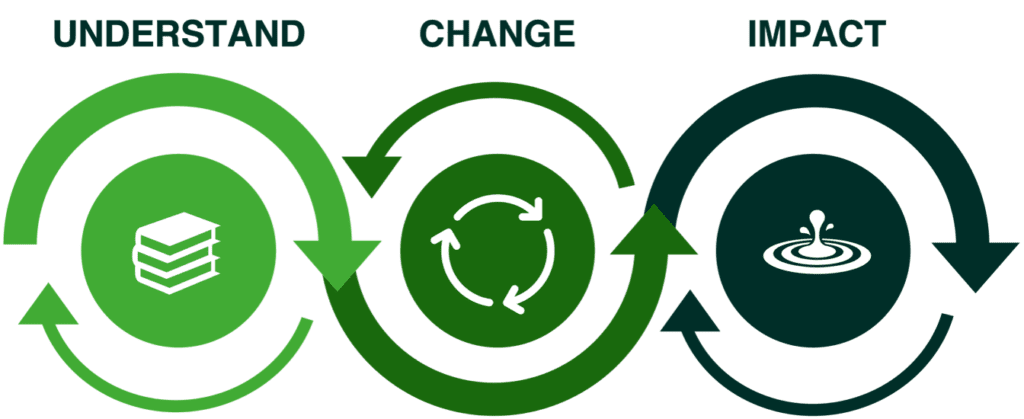Furthering Human Behaviour Science
As behaviour change ‘geeks’, Human Behaviour Change for Life’s (HBCL) directors Jo and Suzanne are passionate about furthering the science of human behaviour change. The HBCL extended team brings a wealth of research knowledge and expertise built up over many years, including undertaking scientific peer reviewed studies and reviews, investigation in the field in many countries around the world, and quantitative and qualitative social science research. Further examples include the research Jo undertook for her Masters in behaviour change (completed in 2018), which included examining the role of habit and how pro-animal welfare habitual behaviours can be developed in people. This work has now been published and Jo and Suzanne hope to continue the research she started. Jo, Suzanne and several members of the HBCL Specialist Team are authors on several scientific papers, both together, and separately. Jo and Suzanne share a particular interest in furthering the understanding of how to create effective measures aimed at shaping the behaviour of children.
We are committed to maintaining scientific rigor; utilising results that can influence further research, add to current understanding, and inform best practices. We do this by using a standardised approach to investigations, sticking to the facts, and limiting the influence of bias to create evidence-based research.
We support organisations and researchers to create and publish robust, evidence-based research underpinning their behaviour change projects and wider work. If you have a project, idea, or research question that you think we can help with, please do get in touch… We would love to hear from you.

At HBCL, we first strive to understand an issue, we then identify strategies for change, and measure the impact of our work. Throughout the process, we use a monitoring and ‘Research & Development’ approach and embrace multiple disciplines and co-creation with various stakeholders wherever possible.
Ultimately it is our goal to create a large body of published work, including the work we do as part of our consultancy services, to help further the understanding of human behaviour. Currently, several of the HBCL team of specialists also regularly contribute to the scientific literature applying the science of human behaviour change to various contexts.
We believe it is important to take an evidence-based approach – testing, learning, and identifying new areas to aid innovation and development. With several research projects identified, we are keen to hear from those interested in either supporting or collaborating on research, so please do get in touch.
“Behaviour change research is inspiring, applicable to so many settings, and can bring about real-life change.”
Tamzin Furtado, HBCL Specialist
“When one tugs at a single thing in nature, he finds it attached to the rest of the world.”
